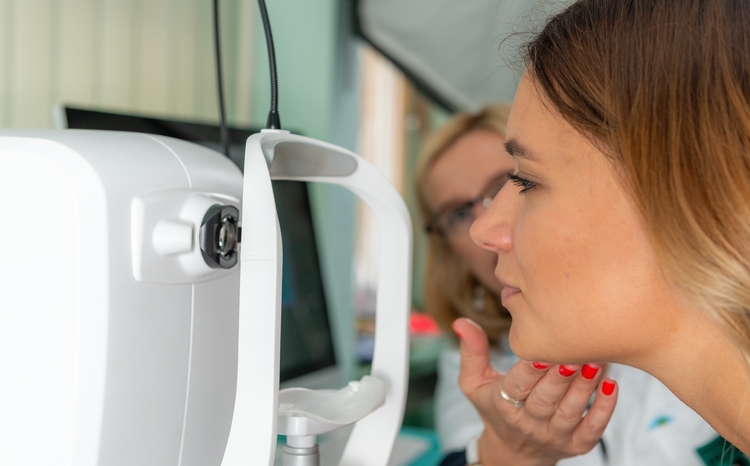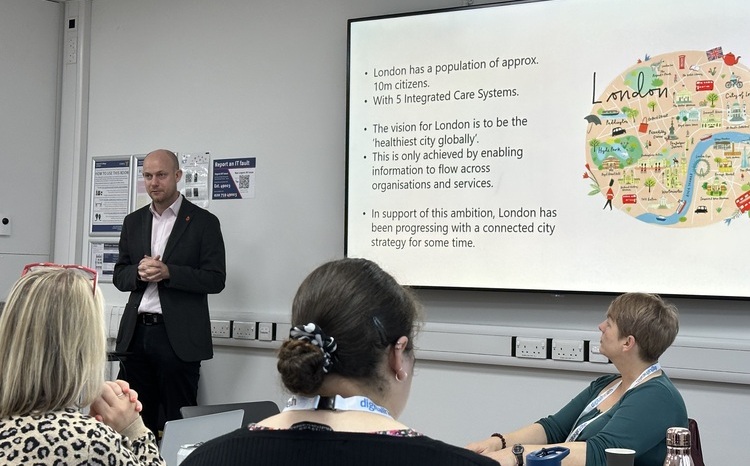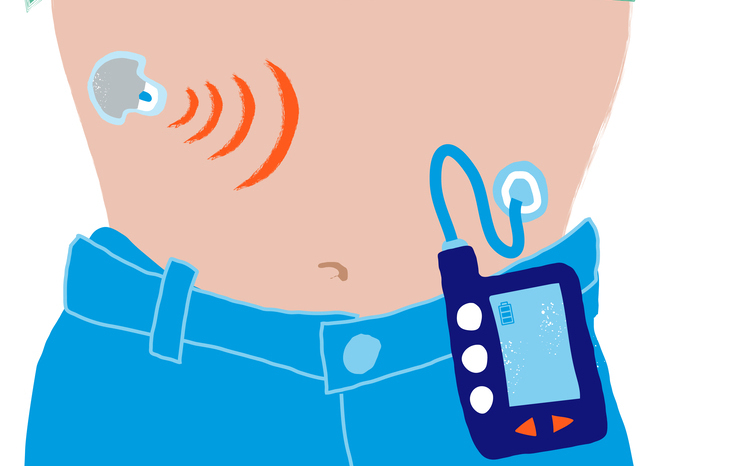Too much information bad for your health, study shows
- 18 October 2004
A study published by University College London has found that people suffering from chronic illnesses such as diabetes or asthma who use software or the internet to get information can actually end up damaging their own health. The review, which appears in the latest issue of the Cochrane Collaboration, found that in one instance, diabetics who followed healthcare advice from the internet had more sugar in their blood than those that didn’t. “This whole finding confounds conventional wisdom," said Dr Elizabeth Murray, head author of the study. One reason suggested for this is when people see unfiltered information about, for instance, effects of the treatment of diabetes, without it being put into perspective it discourages them from moderating their behaviour to control their sugar. “If you become more knowledgeable, you realise it’s all rather a long way off. They are less frightened and that reduces their motivation to be really strict in their control." Another could be that advice on the internet could superficially contradict that of clinicans. Furthermore, just because good advice was available, says Dr Murray, doesn’t mean that people will follow it. “If knowledge is all that was needed to promote healthy behaviour, smoking would not be as prevalent as it is," said the report. Another problem that healthcare providers could suffer is that people who have been informed of different ways their illness could be treated might demand to receive the least cost-effective treatments available. Dr Murray said that more research was needed to fully study the negative effects the flood of information available over the internet has on people’s health, and how health websites can be structured to counter this. Nevertheless, the study did conclude that computer-based learning was effective and that this could be harnessed. The Cochrane Collaboration is an international organisation that uses evidence-based, systematic reviews to evaluate existing medical research about topics, and draws conclusions based on the quality of the information available.




